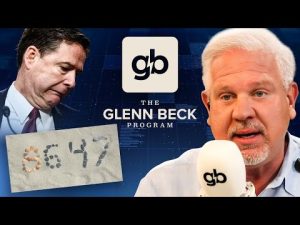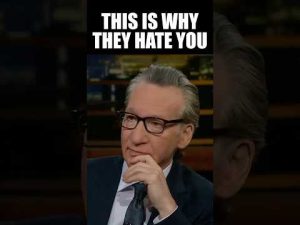When it comes to making strategic deals, nobody does it quite like America, and it’s probably safe to say no one handles it quite like Donald Trump. The recent news of President Trump dishing out a few economic ace cards during his Middle Eastern trip is the latest dazzling example. Suppose those numbers had your head spinning, don’t worry—a whopping $200 billion in commercial deals with the United Arab Emirates and Qatar, and a jaw-dropping $243 billion from neighboring Saudi Arabia, with a generous promise of $600 billion funneled into the American economy. It certainly makes one wonder if he managed to squeeze in a few magic tricks on the side.
These monumental deals didn’t just boost the U.S. economy; they uprooted the old playbook of how the United States engages with the Middle East. For decades, American leaders played the role of educators, issuing lectures and directives on how things should be run. But Trump’s approach seems to come from a different script altogether. There’s an amusing irony when thinking about how past leaders expected gratitude from the Middle East for unsolicited advice. It’s like telling someone how to cook in their own kitchen and expecting them to give you a five-star rating in return.
Trump’s administration dared to stray from routine, engaging the Middle East in an entirely new narrative—one less about patronizing lectures and more about strategic partnerships. And one can’t help but note: by connecting the dots with those Abraham Accords, Trump may well be plotting a course for peace that many thought impossible. His bold strides in turning age-old hostilities into potential budding friendships might have secured him more than just a couple of billion-dollar deals. He’s whispered peace where there was once just a cacophony of discord.
The consequences for regional peace, particularly for nations such as Israel, might be transformative. And let’s not overlook that having allies in the region makes it a bit trickier for powers outside the Western alliance, like China, to use their checkbooks to influence politically tense regions. Trump seems aware that even prosperity has a price tag, and keeping certain global players out of sensitive regions might just be the masterstroke needed to push international stability.
On top of all this is Trump’s apparent humanitarian concern for the suffering in Gaza. It’s a refreshing departure from the usual political detachment—a sign that he’s more than a dealmaker. The humanitarian crisis in Gaza speaks loudly, and Trump’s willingness to tackle it, despite the geopolitical complexities, shows more depth than some might give him credit for. After all, while it’s easy to make numbers dance, it takes a real visionary to see the people behind those numbers. Who knew Trump, with his flair for grand deals, could also be a softie? In the tangled maze of Middle Eastern politics, that could be the most surprising twist of all.







